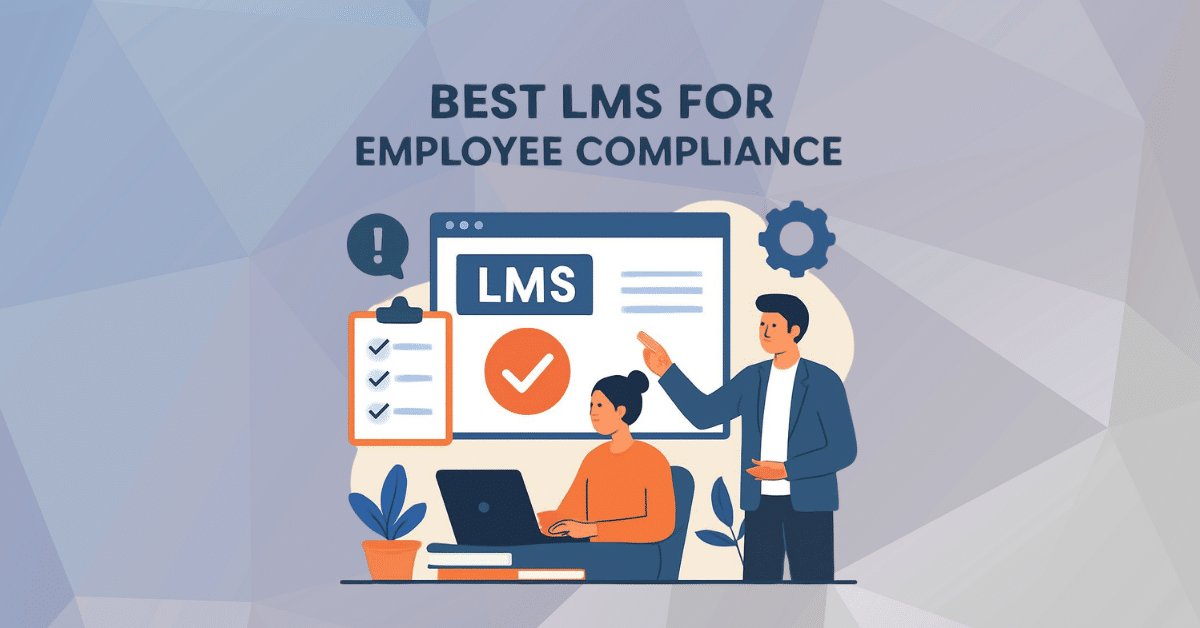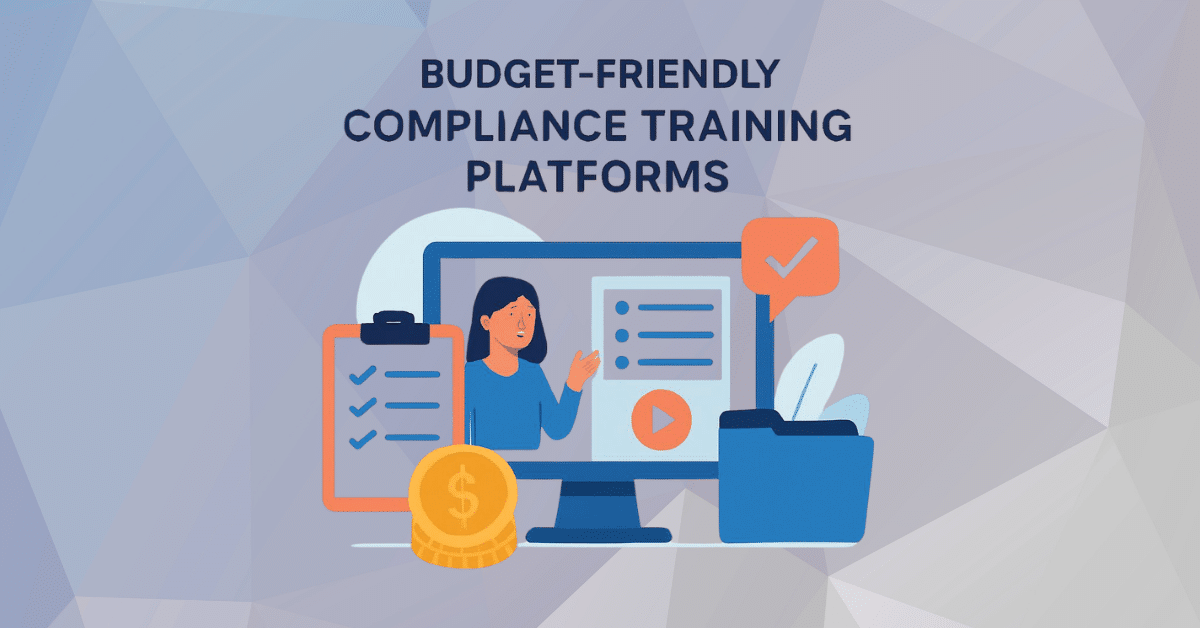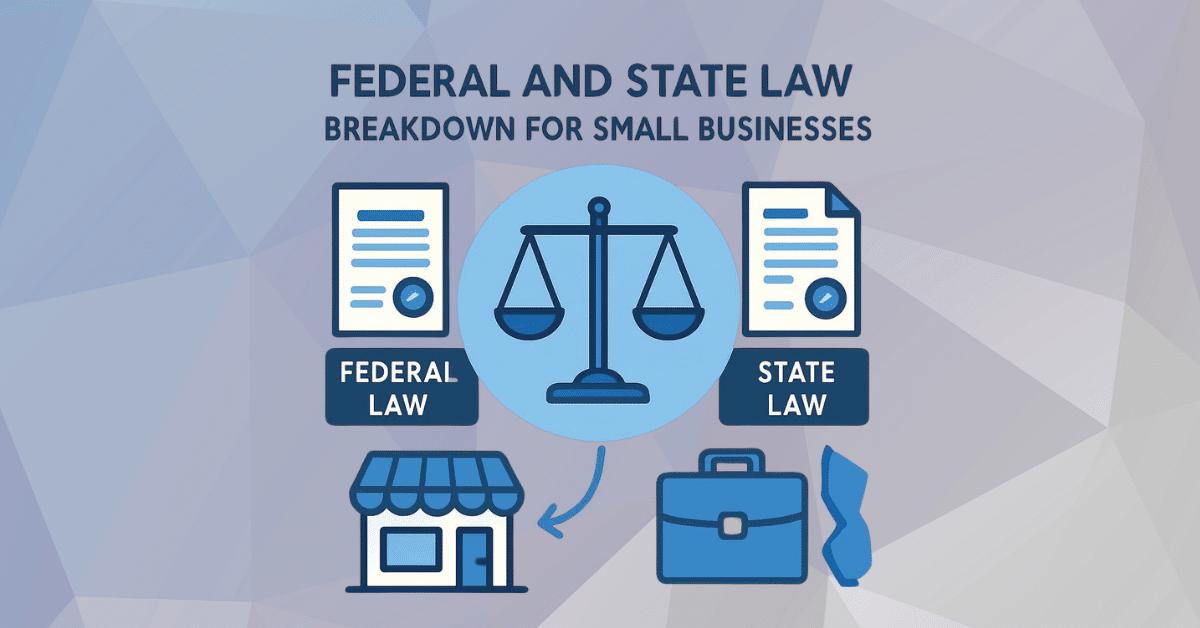A few years ago, I spoke with a property manager in Los Angeles who had just received a letter from a state agency. One of her listings said “no Section 8.” She thought she was simply setting expectations. The letter described it as discrimination based on the source of income. That single phrase put her at risk of fines, legal fees, and a damaged reputation.
What changed her situation was not a clever legal defense. It was training. Once she completed a fair housing regulations certification course, she rewrote her ads, coached her leasing team, and approached accommodation requests with calm confidence instead of guesswork.
If you manage or own rental housing, especially in California, a formal program does far more than “check a box.” It gives you practical tools to protect residents, your team, and your business in a market where complaints are rising and testing is common. Here is what that looks like in everyday operations.
Why Fair Housing Training Matters More Than Ever
Fair housing is not just a historical topic from the 1960s. Discrimination complaints are increasing, not fading away. The National Fair Housing Alliance reported 34,150 complaints in 2023, the highest number since it began tracking these trends, with most tied to disability and rental housing.
In California, recent testing in Los Angeles and Ventura Counties uncovered discrimination at alarming levels, including:
- More than half of the tested properties showed bias against renters using housing assistance, such as Section 8 vouchers
- Over a quarter of properties treat families with children unfairly
- Noticeable differences in treatment based on race, disability, or criminal history
These numbers tell a clear story. Discrimination is still happening, and regulators, advocates, and testers are actively seeking it out. Structured training helps you move from hoping you are compliant to knowing how to spot risk and adjust your daily practices.
What You Learn In A Certification Program
An intense certification course connects the law to real situations at your properties. At a high level, most programs cover three pillars:
- The legal framework: the federal Fair Housing Act and related federal laws
- State and sometimes city-level protections, such as California’s fair housing laws and local ordinances
- Practical application throughout the housing lifecycle, including advertising, screening, leasing, reasonable accommodations and modifications, and complaint handling
Some providers deliver a broad overview that applies nationwide. Others focus on California, giving more detail on protected classes, source-of-income protections, and criminal history screening rules. For many California teams, that state-specific focus is the safer approach.
Core Legal Foundations You Will Master
Federal Fair Housing Act Basics
You learn the seven federally protected classes: race, color, religion, sex, national origin, familial status, and disability.
Your course then shows how these protections work in day-to-day decisions, such as:
- Why “adults only” in a listing can be treated as familial status discrimination
- How charging higher deposits only for residents who use wheelchairs, have service animals, or have specific last names can be seen as discrimination based on disability or national origin.
- How steering families with children to particular buildings or floors may violate the law
Quality programs do more than restate rules. They walk you through realistic scenarios such as emails from applicants, phone calls from prospects, and policy choices that may create unequal treatment even when no one intends to discriminate.
California’s Added Protections And Higher Standards
California’s Fair Employment and Housing Act (FEHA), enforced by the state’s civil rights agency, adds more protected characteristics, including ancestry, citizenship, immigration status, primary language, sexual orientation, gender identity and expression, source of income, age, and military or veteran status.
In a California-focused course, you explore topics such as:
- Why “no Section 8” or “must have full-time job” can be treated as source-of-income discrimination
- How rules about pools, play areas, or curfews can quietly target families with children
- When criminal history screening crosses the line into illegal practices.
A well-designed Fair Housing California Course helps you understand how federal and state rules overlap and where California sets stricter standards than many other states.
Practical Skills For Everyday Leasing Decisions
The real payoff from training shows up in the skills your team uses every day. Practical courses move beyond legal theory to show what to say, what to write, and what to document.
Writing Compliant Advertising And Online Listings
You learn to spot risky wording in marketing materials, such as:
- “Perfect for young professionals”
- “No kids” or “ideal for single adults”
- “Christian community” or “English speakers only”
Training helps you replace these phrases with inclusive alternatives that describe features rather than people. Examples include “close to downtown offices,” “near parks and schools,” or “quiet building,” without suggesting who is or is not welcome.
Fair Screening And Application Processes
Screening is among the highest-risk areas for fair housing violations. A good course covers how to:
- Apply the same written criteria to every applicant
- Handle assistance income, vouchers, and co-signers consistently.
- Use criminal history information in ways that align with federal guidance and California’s added protections.
You learn to treat written criteria as guardrails that apply to everyone, rather than as tools that change from one applicant to the next.
Reasonable Accommodations And Modifications
Another primary focus is disability rights, especially reasonable accommodations and modifications. Training often includes examples such as:
- Allowing an emotional support animal in a no-pets building
- Assigning reserved parking for a resident with mobility limitations
- Adjusting rent due dates or communication methods for residents with specific disabilities
Instead of guessing whether a request is “reasonable,” you learn a straightforward process:
- Receive and document the request.
- Ask only the questions that are permitted by law.
- Explore alternative solutions when the original request is not workable.
Everyday Communication Habits
Courses also show how casual comments during tours, renewal conversations, and emails can create severe exposure. You practice neutral, welcoming language and simple habits such as:
- Offering the same information and options to every prospect
- Keeping notes that describe objective facts, not personal impressions
- Avoiding comments about “safety for kids,” “quiet older residents,” or “nice Christian neighbors”
Many communities now use online fair housing training to coach frontline staff through real-world conversations, using interactive scenarios and short quizzes.
Risk Management, Documentation, And Complaint Response
Another key benefit of formal training is learning how to manage risk before problems escalate.
Programs typically cover how to:
- Create written policies that match the law and are realistic for your team to follow
- Decide which records to keep on screening decisions, accommodation requests, and complaints.
- Respond if you receive a complaint from HUD, the California Civil Rights Department, or a private fair housing organization.
The 2024 Fair Housing Trends Report shows that private, nonprofit fair housing groups handle the majority of discrimination complaints nationwide. They often rely on testers and detailed documentation. Training helps you prepare for that level of scrutiny so that your records tell a consistent story of fair treatment.
You also learn how to recognize and avoid retaliation. For example, you cannot raise rent, terminate a lease, or reduce services simply because a resident files a complaint or requests an accommodation.
Who Needs Certification In California
Certification is valuable for anyone who influences housing decisions, including:
- Owners and investors who approve budgets and policies
- Property and regional managers who design procedures
- Leasing agents and assistants who conduct tours and process paperwork
- Maintenance supervisors who enter homes, interact with residents, and receive informal requests.
- HR and compliance staff in larger management companies
When everyone understands the same rules, you reduce mixed messages and avoid the “no one told me” problem that often appears after a complaint.
How Fair Housing Training Online Supports Your Compliance Strategy
For California portfolios, online fair housing training usually aligns with other compliance topics such as harassment prevention, habitability standards, and local rent regulations. The fair housing component supplies the civil rights framework that supports those different policies.
You might use online training to:
- Onboard new hires in leasing, management, or maintenance roles
- Refresh knowledge every one to two years.
- Document training hours for insurance, lenders, or corporate compliance
- Support culture change after a complaint, lawsuit, or acquisition of new properties
Over time, these courses help your team shift from “how do we avoid trouble” to “how do we give every applicant and resident a fair chance at housing.”
Choosing The Right Fair Housing Training Online
Not every course is built the same way. When you evaluate options, consider:
- State-specific content: Federal law is the starting point, not the finish line. In California, training should also address FEHA, source-of-income rules, and additional protected classes.
- Scenario-based learning: Realistic emails, ad copy, and call scripts are easier to apply than long lists of statutes.
- Regular updates: Complaints and enforcement priorities change, and new technologies, such as AI-based screening, can introduce new risks.
- Clear proof of completion: Certificates, manager dashboards, and quiz results help demonstrate good-faith compliance.
- Accessibility for staff: Short modules, mobile-friendly design, and plain language make it more likely your team will complete and remember the training.
When a program offers these features, certification stops feeling like an annual chore and becomes a practical tool you rely on during every leasing season.


















